Many people over the course of human history have spent their lives trying to figure out what happens when we die. Although there are many theories, not one has yet to be proven.
Instead of trying to find out what happens after we leave this body, Dr. James L. Hallenbeck spent years studying what happens in the brief moments before and during death. Through his research, Hallenbeck was able to determine the exact order in which the senses shut down before death, and his findings are quite surprising.
Dr. James L. Hallenbeck
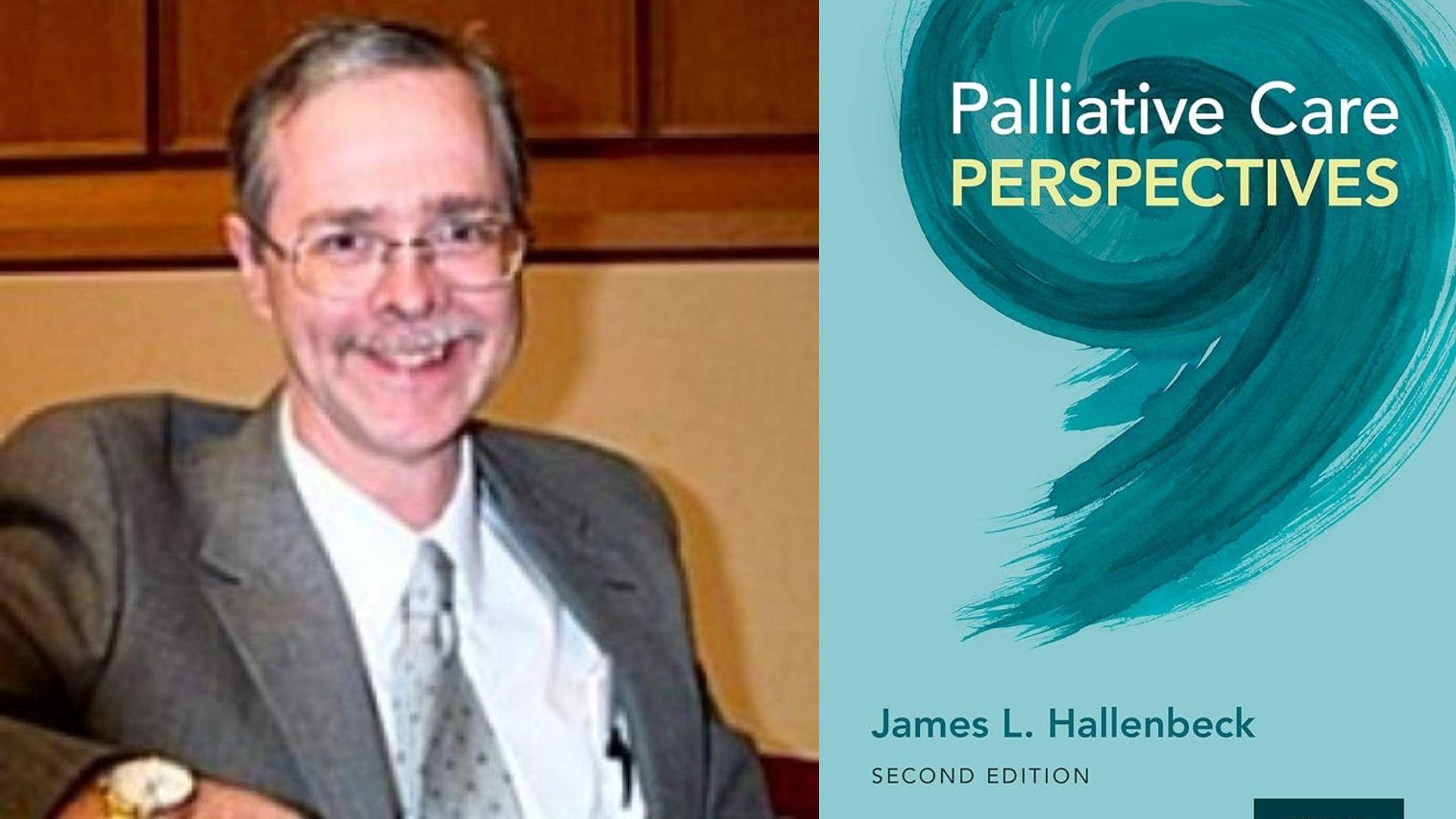
Dr. Hallenbeck works as a professor at Stanford University and has received several prominent awards for his work in the medical field. While Dr. Hallenbeck has written several medical texts, his most famous is arguably Palliative Care Perspectives.
In this book, Hallenbeck discusses the importance of end-of-life care and optimizing the quality of that time for all patients. He believes it is wildly important that physicians understand all that they can about the short period of time before death, including the finality of the human senses.
The First Sense to Leave the Body Is Hunger

Hallenbeck explained that the very first sense that leaves the body as death approaches is hunger or appetite. Physiologically, the body knows it can no longer absorb the nutrients of food, nor will it need to in the very near future.
Though, some say there is also a psychological reason for the loss of appetite at death’s door: The body is letting go of its earthly needs as it knows it will not need sustenance for the next journey.
After Losing Their Appetite, People Lose Their Thirst

Shortly after losing the sense of hunger, people will no longer feel dehydrated or thirsty. Although loved ones or medical practitioners may want to offer water as a form of comfort, it is no longer a necessity.
At this point in time, the body is slowing down and will soon stop functioning; therefore, it doesn’t need water, as water’s job is to ensure the body continues to work as it should.
Close to Death, Most People Lose the Ability to Speak

The body, mind, and soul are deeply connected in ways hard to understand. Often, when a person is approaching death, they can no longer speak, but for many, this is not a physical problem.
Medically, people nearing death still have their voice box and the physical capacity to speak. However, the brain stops sending the signals needed to speak aloud. Hallenbeck believes this is a form of letting go through the termination of communication with the living.
When People Die, Their Vision Slowly Fades Away

Then, sometime after losing the capacity or desire to speak aloud, one’s vision begins to fade away. Most often, the scenes of this world will first become blurry, and many can soon see nothing but a dimming light.
It may be concerning to see a loved one’s or a patient’s eyes glossed over or unfocused, but this is perfectly normal. Again, there are some who say that the slow dimming of this world is specifically there to soften the transition to the next one.
A Dying Person May See Hallucinations in Their Final Moments
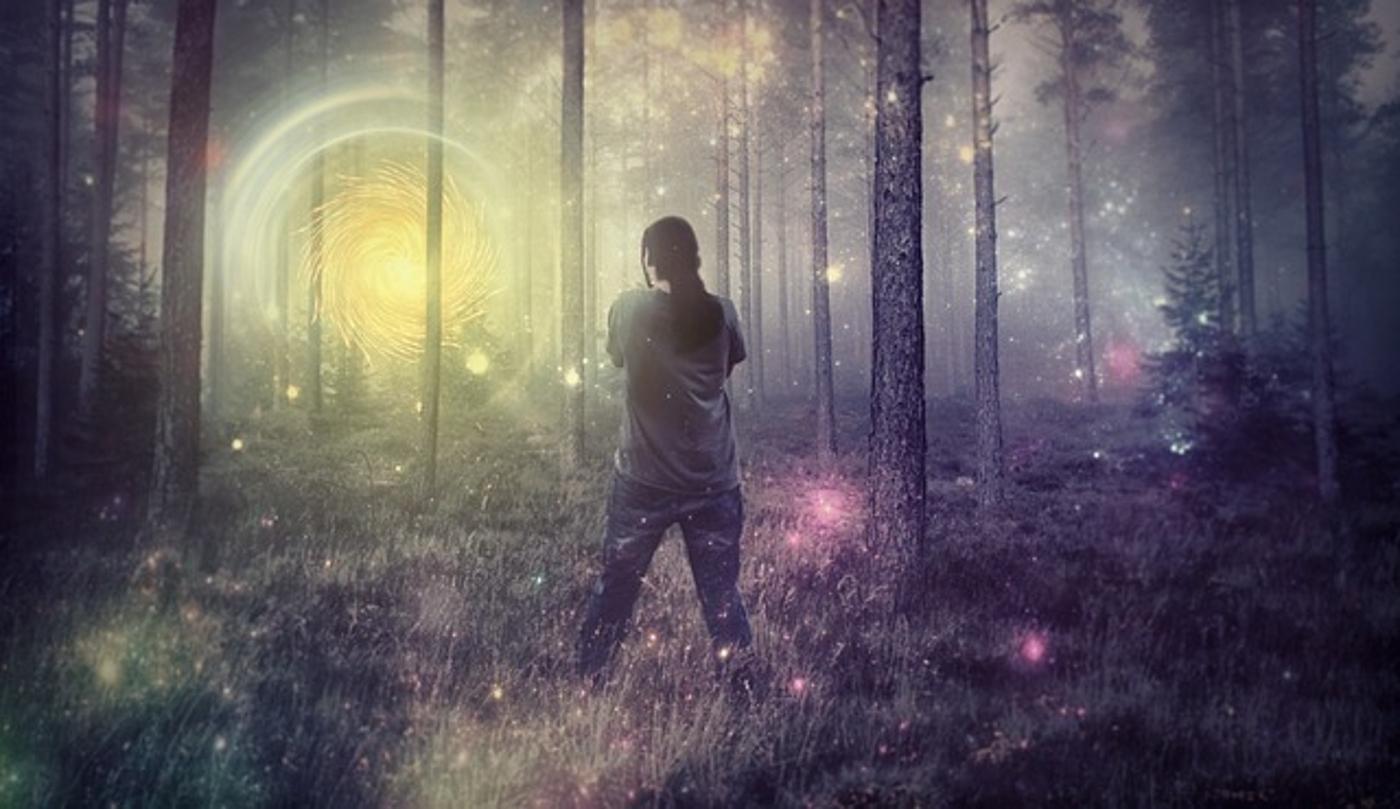
In addition to losing their vision, many dying people see something else entirely before they finally pass away.
This experience is different for almost everyone. Some see vibrant hallucinations of another realm, others see loved ones who have gone on before them waiting with open arms, and for others, it’s simply colors that dance, drawing them forward to what’s next.
The Sense of Touch Goes Away

Soon after their vision goes, a person’s tactical sensations disappear. That means that their hands can no longer feel the hands of their loved ones holding them tight.
Of course, there are physiological reasons why this occurs. The brain has stopped sending signals from the hand being held, and therefore, there is simply no sensation. However, holding someone’s hand is more than just physical. Even if they cannot technically feel it, it can still provide comfort and support in those final moments.
Hearing Is the Final Sense to Go Before Death
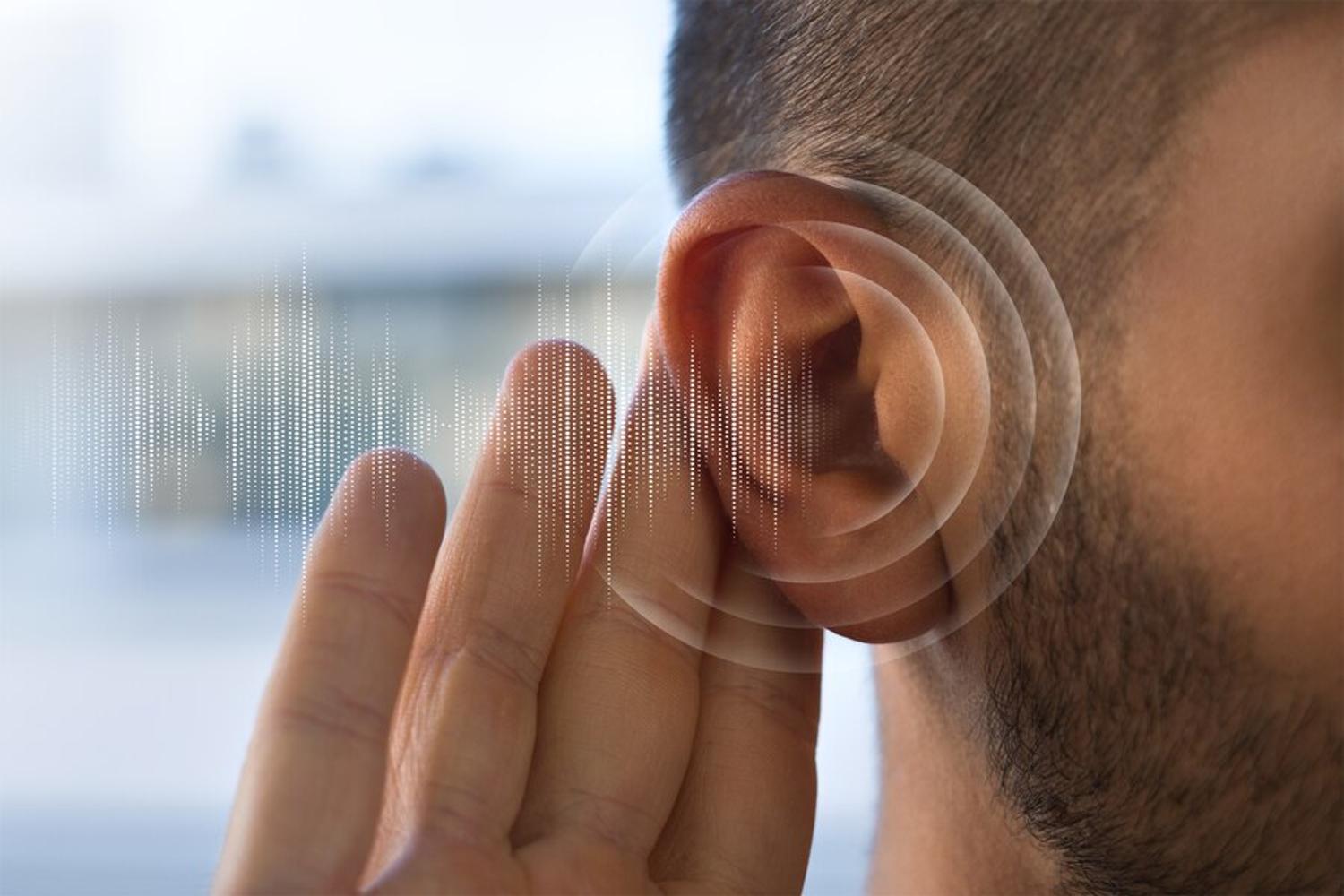
For those who have not lost their hearing during their lives, the auditory sense is the last to go. Even if a person is so close to death that they cannot drink, speak, or touch, it’s very likely that they can still hear.
It’s impossible to say spiritually why this physical sense remains after the others, but some say that it’s because people can have one last beautiful word spoken or song sung to them before they leave their world behind.
Finding Solace in Understanding These Last Moments on Earth

Watching someone die, whether it be slowly over time or in an instant, is life-changing in more ways than one. However, as humans strive to understand death, many take solace in understanding the sequence in which the senses leave the body.
Dr. Hallenbeck and other medical professionals hope that this information will help loved ones and physicians alike better provide the kind of end-of-life care that all people deserve. Additionally, it will hopefully help ease the pain, at least in part, of those losing a loved one.
Humans Have Always Tried to Understand Death

To lose a loved one to death is devastating and, for many, utterly baffling. As humans, we want to know everything. Not just what happens before death but after that final breath is drawn.
We want to know where they go, what it’s like, if they can see us, or if they will ever come back. But again, although there are several people who believe they have found these answers, there is still no concrete evidence for what happens when we die.
Will We Ever Find Out What Happens When We Die?
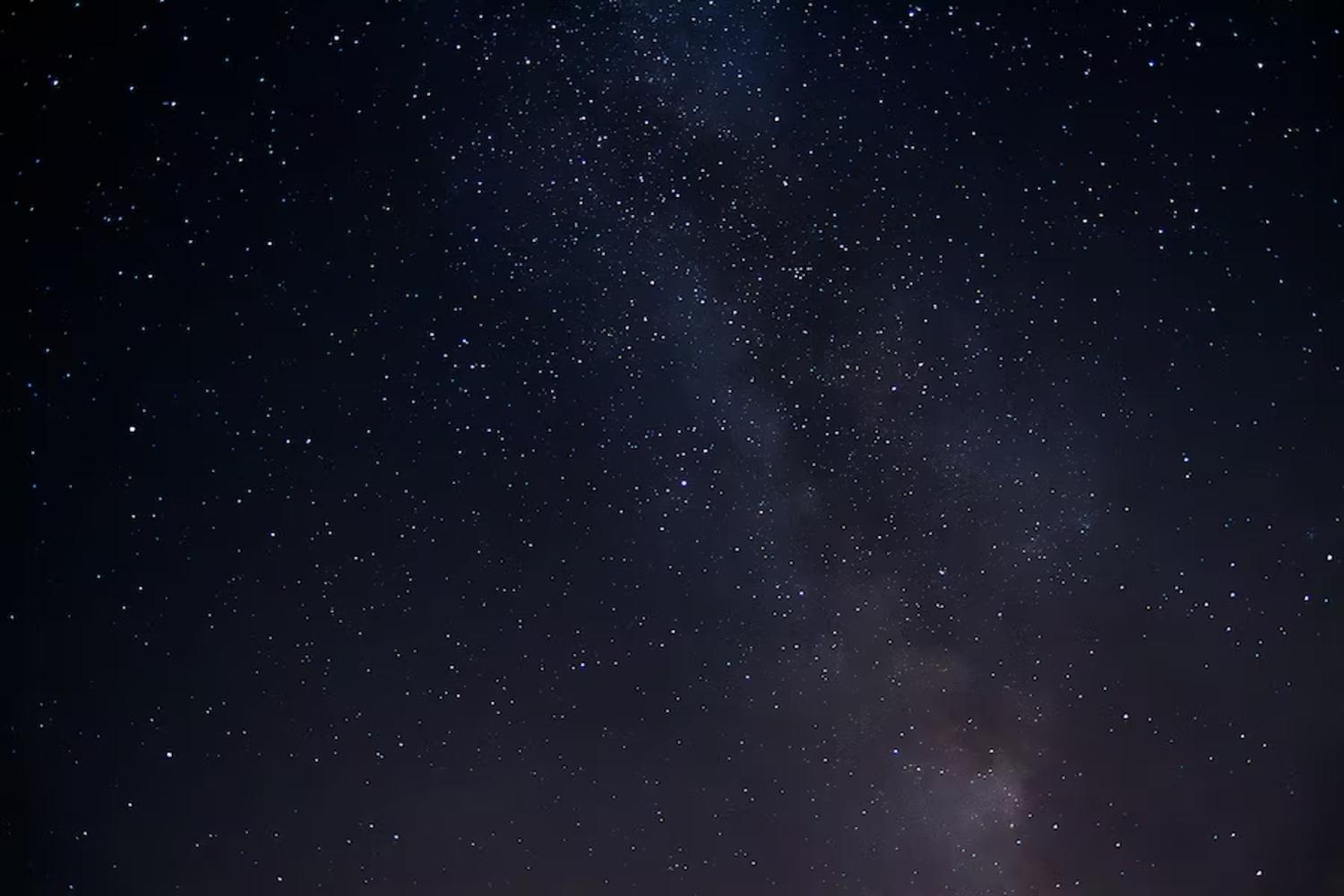
No one on Earth knows exactly what happens when we die; however, that doesn’t mean there won’t be someone who does in the future. With technology expanding and advancing at a never-before-seen rate, who knows what the future of humanity will look like?
Our ancestors couldn’t have guessed that we would be able to study the sequence of the senses leaving the body, so, who knows? Maybe our descendants will eventually find out what happens after.
The Recognizable Stages of Death

While there are recognizable stages of progression to death, the way death feels can vary from person to person.
Medical support can make the experience of death as safe and comfortable as possible, making the approaching end less frightening—a natural conclusion that comes for us all one day.
The “Active Dying” Phase

For many who die gradually, there is a final, rapid slide that happens in the last few days of life. This phase is known as “active dying.”
During this time, pain is inevitable, but there is no distress as the final moments of life start to slip away into oblivion.
More Time Sleeping

Most dying people consistently lack energy and spend much time sleeping. Many of us have experienced extreme weariness caused by illness—our bodies attempt to generate new cells to fight off the virus. Those close to death experience something similar, but without the ability to “recharge.”
Sleep usually restores our energy, but its impact gradually diminishes as the body slowly shuts down.
A Dreamless Slumber
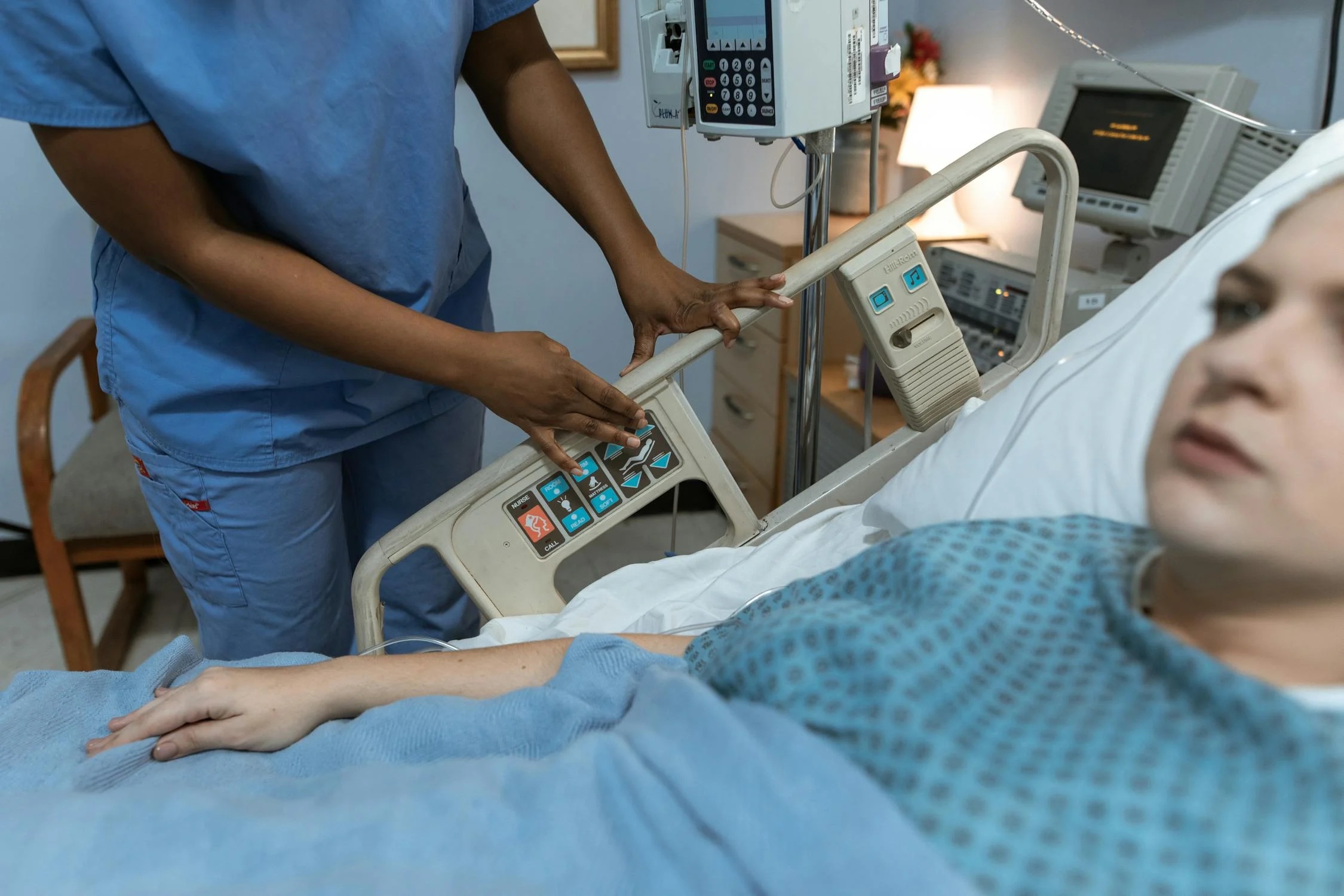
Because dying people are constantly resting, they are hardly awake. What looks like sleep to us isn’t really sleeping; instead, they are gradually dipping into unconsciousness for increasing periods.
When they are awake, people close to death report having slept peacefully with no sense of being unconscious.
Hallucinations Can Happen in the Unconscious State

“A lot of cardiac-arrest survivors describe that during their unconscious period, they have this amazing experience in their brain,” Jimo Borjigin, a neuroscientist at the University of Michigan, said (via The Atlantic).
“They see lights and then they describe the experience as ‘realer than real.’” She realized that the sudden release of neurochemicals might help to explain this feeling.
More Medication to Help Ease Death
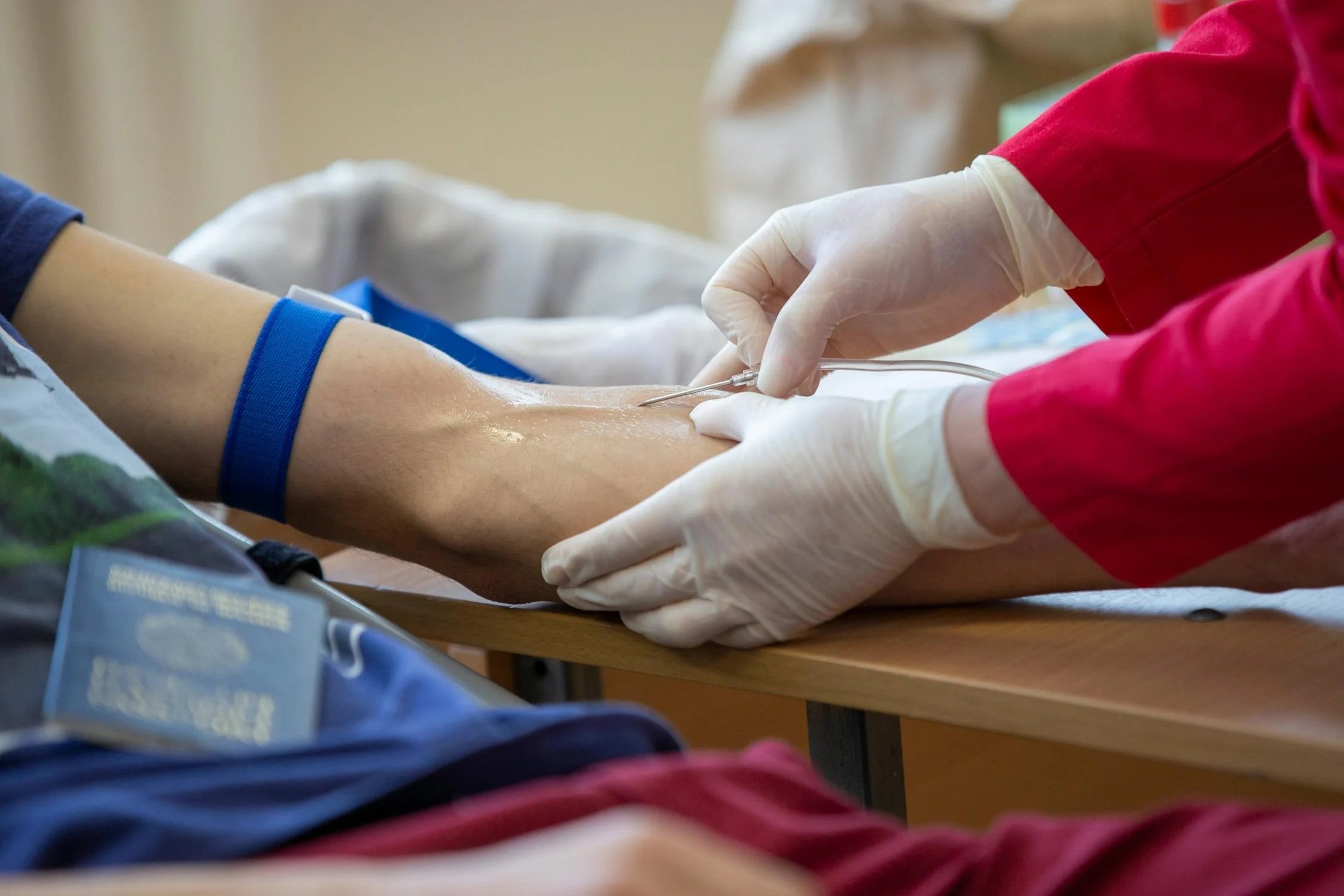
Most dying people rely on regular medications—typically injected so they don’t need to be awake to swallow them—to keep symptoms at bay.
These medications are not what causes a person to be unconscious for long periods. Instead, unconsciousness is a natural stage in the death process.
The Start of the Dying Process

As the dying process starts, the heartbeats become weaker, blood pressure falls, the skin cools down, and nails become dusky.
Periods of restlessness or moments of confusion may occur as internal organs function less due to dropping blood pressure.
The Dying Can Hear Noises
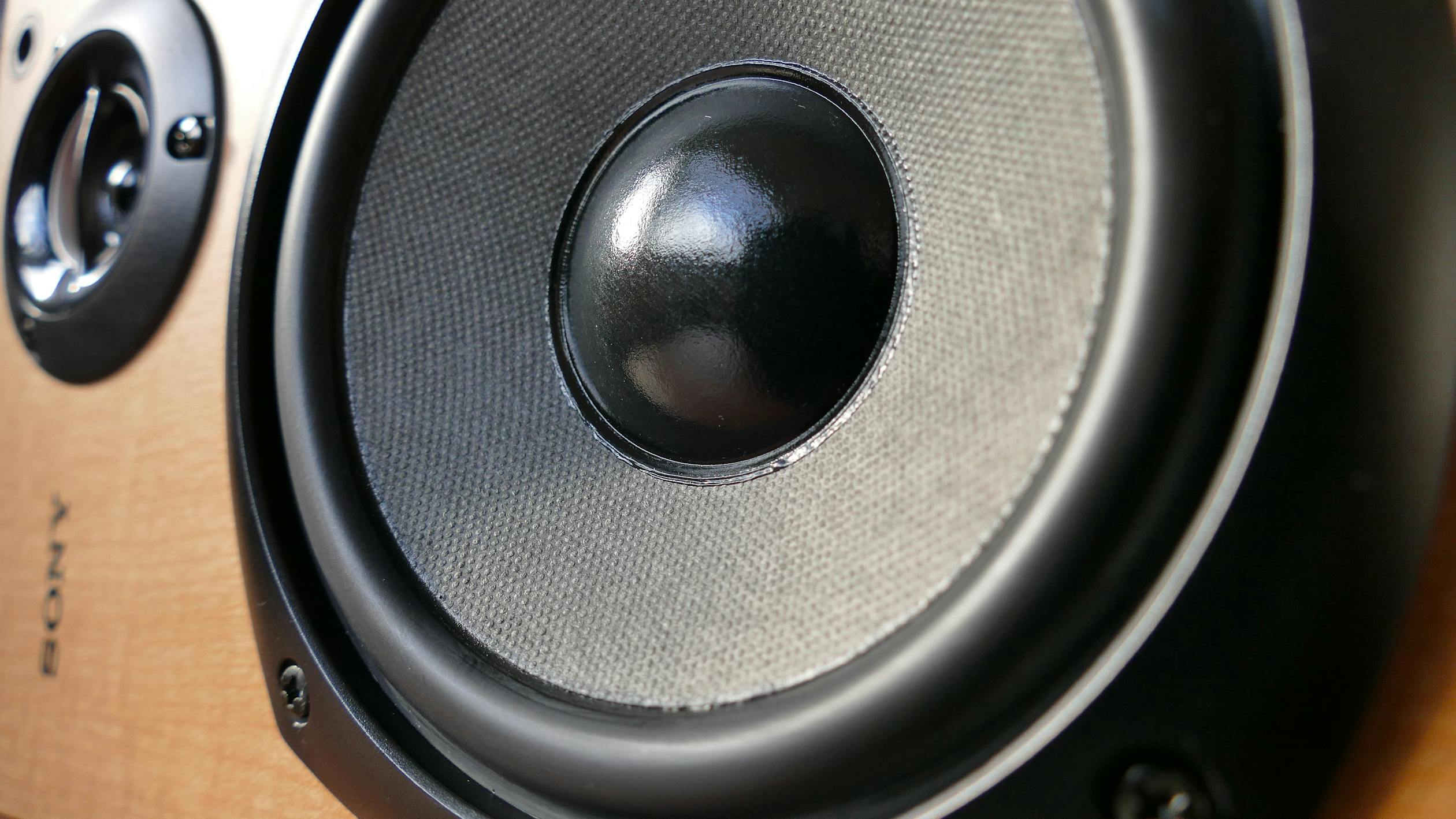
Research shows that people closer to death respond to noises in the room, even if they are unconscious.
However, we don’t know how much music or voices can be understood by a dying person.
They May Or May Not Be Aware

“We generally believe that if your brain is really in a comatose kind of situation, or you’re not really responsive, that your perception—how you feel about things—may also be significantly decreased,” David Hui, an oncologist and palliative-care specialist who researches the signs of approaching death, said to The Atlantic.
“You may or may not even be aware of what’s happening,” Hui adds.
The Brain Beings to Die
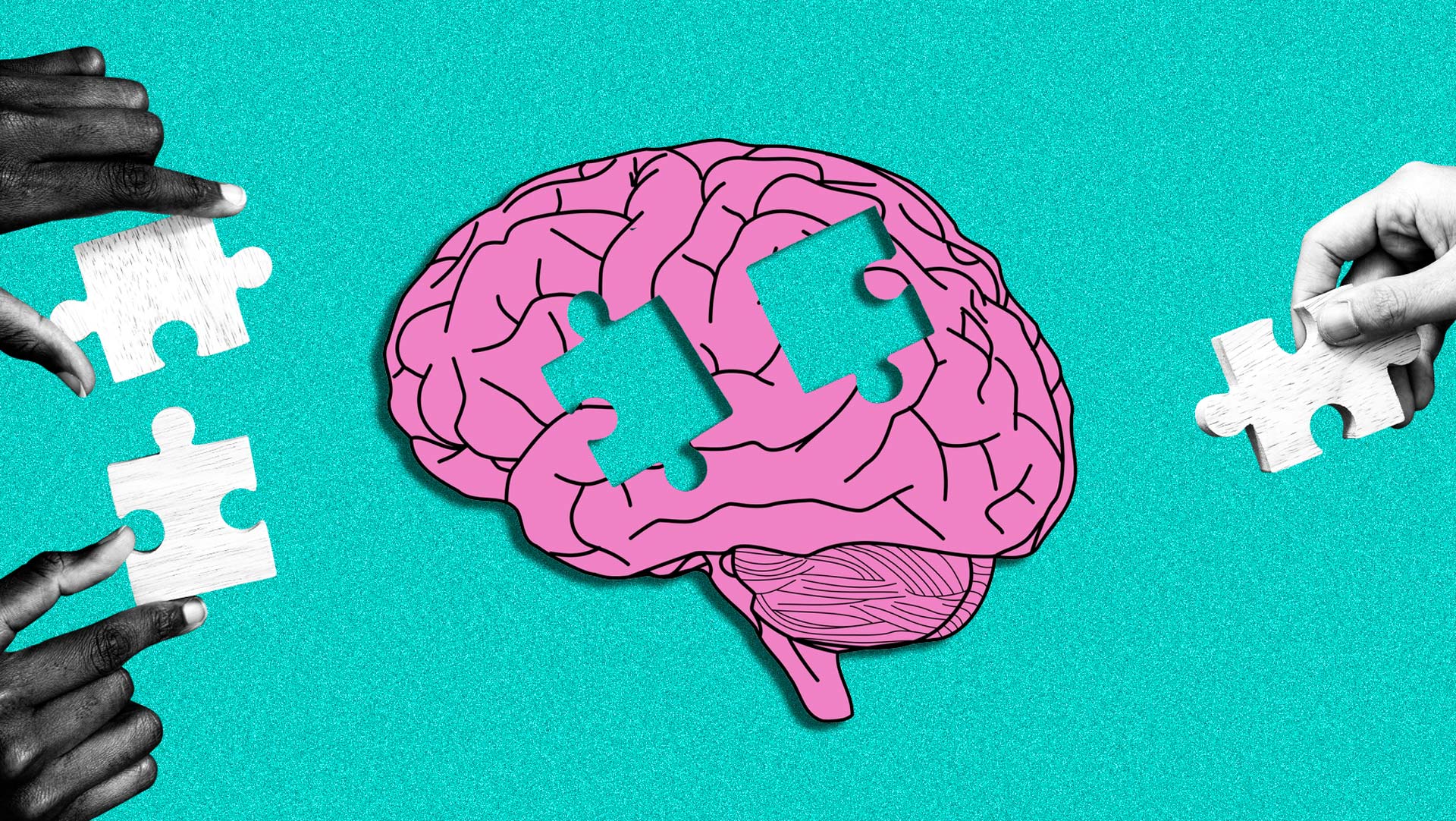
For many dying people, “the brain does the same thing that the body does in that it starts to sacrifice areas which are less critical to survival,” says David Hovda, the director of the UCLA Brain Injury Research Center.
“As the brain begins to change and starts to die, different parts become excited, and one of the parts that becomes excited is the visual system,” Hovda explains. “And so that’s where people begin to see light.”
The Final Breaths
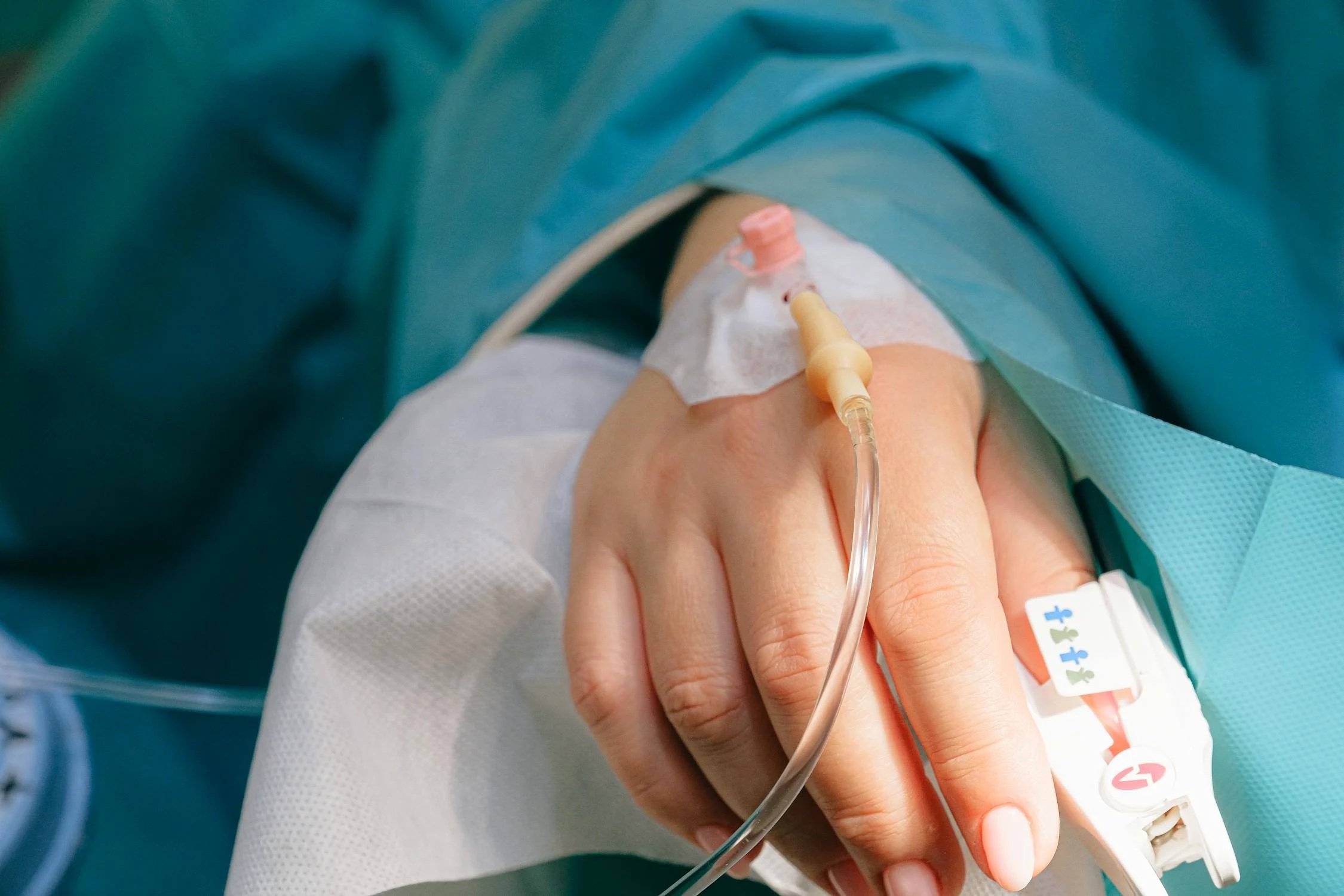
Another sign of the dying process is that an unconscious person’s breathing follows automatic patterns generated by the respiratory center in the brain stem.
This happens because they are unaware of their mouth and throat, often breathing heavily through the back of their throat without any apparent distress.
The End of Life
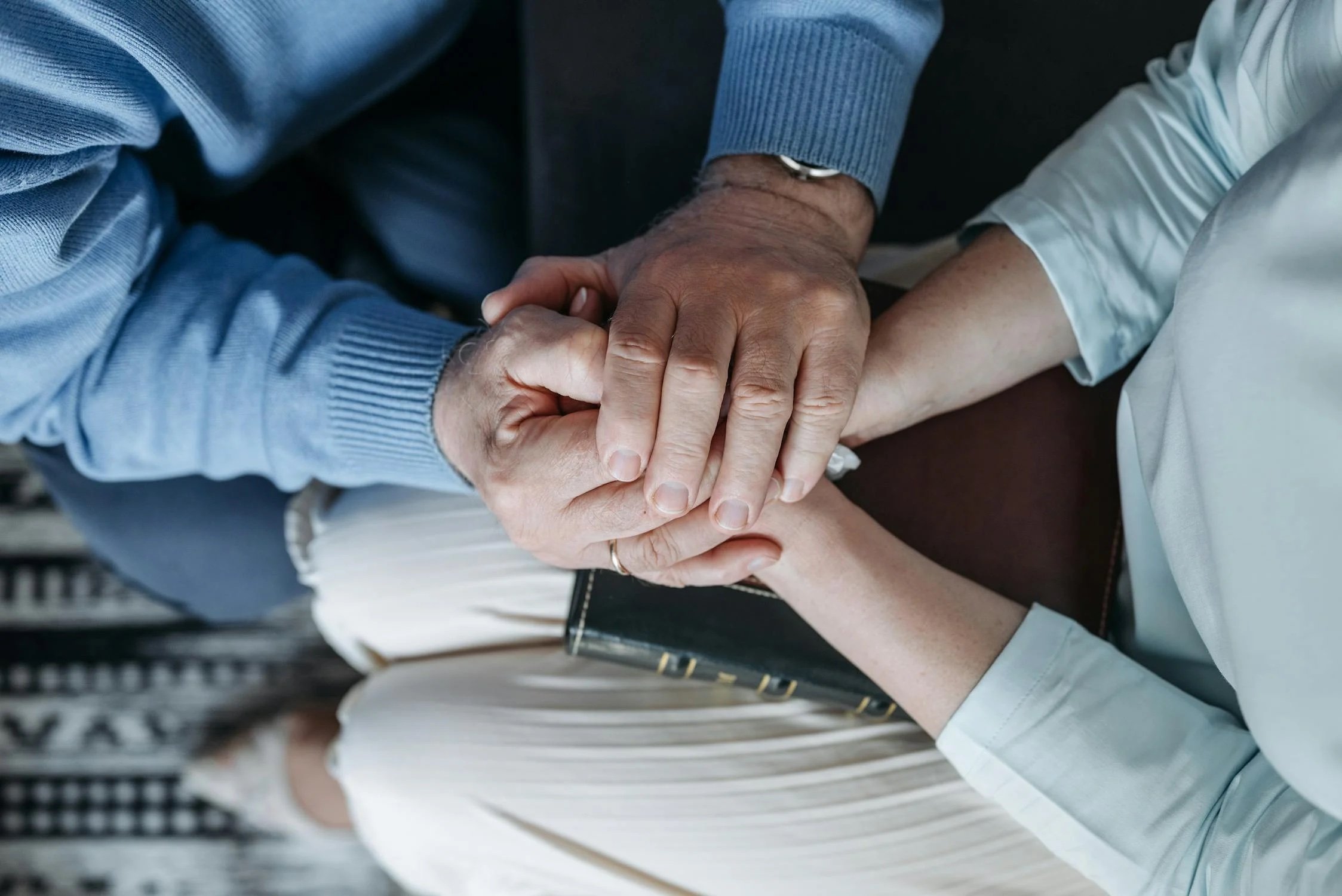
As breathing gradually moves from deep to shallow breaths and from fast to slow in repeating cycles, breathing will eventually slow down and become very shallow near the end.
Eventually, there will be a pause in the cycle, followed by the final breath. A few minutes later, the heart will stop beating as it runs out of oxygen.








































